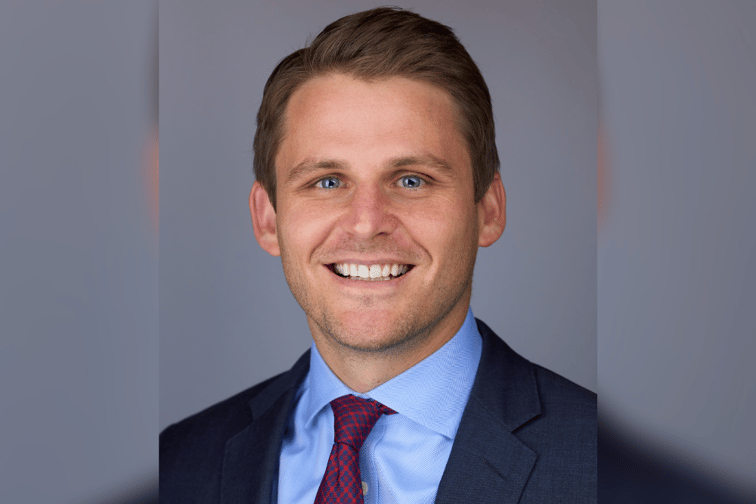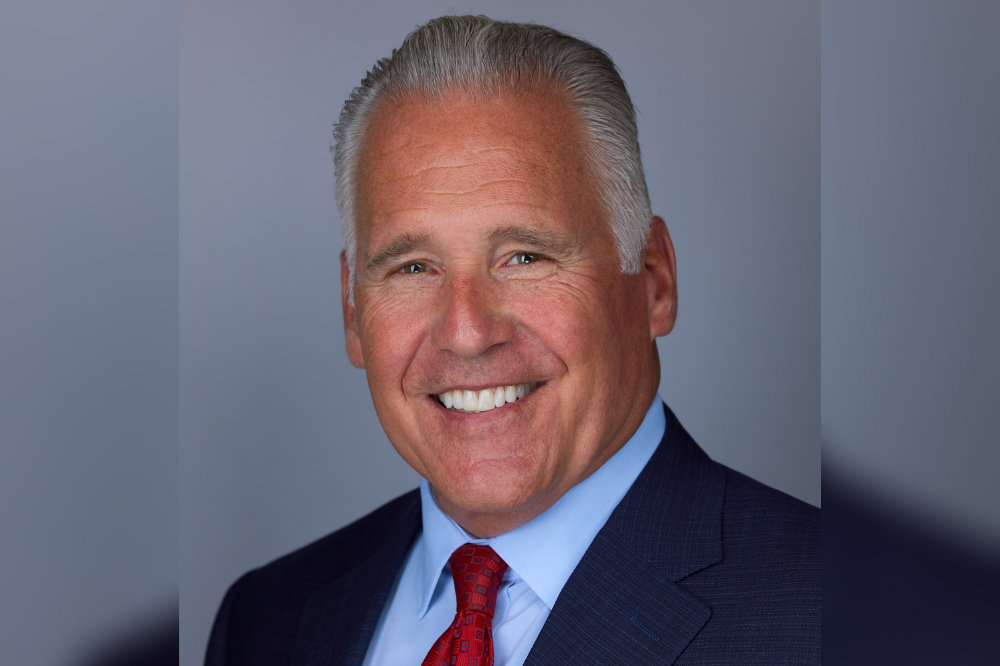

PCF Insurance Services (PCF), a full-service insurance brokerage based in Woodland Hills, California, formed 36 new partnerships with insurance agencies in 2020, taking its national network to over 50 agencies with 70 offices, providing a diverse offering of commercial lines, personal lines, and employee benefits products.
Having successfully completed so many deals in the middle of a global pandemic, and with the private equity-backed firm projecting almost double that amount of new partnerships to come in 2021, some might jump (with good reason) to brand PCF as just another “serial acquirer” in the insurance distribution market. However, while the HGGC-owned brokerage is certainly active in the M&A space, PCF’s motives and partnership philosophy are somewhat unique.
“It’s not growth for growth’s sake,” said Jeremiah Jewkes (pictured top), PCF chief strategy officer. “Frankly, it’s an almost maniacal focus on quality. We’re hyper-focused on partnering with entrepreneurial business builders. We want to team up with high quality agencies that are growing, have market-leading expertise, are client-first and client-focused, have really high retention rates, and, importantly, they’re looking to accelerate opportunities and prosper as part of a big team.
“One thing I believe wholeheartedly about the PCF engine is that our culture is paramount. Our culture is what sets us apart, and that really starts and ends with the types of people we bring to the table as partners. We view that partnership word very seriously. Our leadership team turns a very scrupulous and critical eye to who we bring on as partners, and, ultimately, that has enabled us to create a network of really great people with that entrepreneurial business builder mentality. That’s the durable, underlying foundation of everything that we do at PCF.”
Driving the brokerage’s partnership strategy is Peter Foy (pictured below), PCF founder, chairman and CEO. As an entrepreneur himself – Foy founded PCF back in 1987 – he realized that many insurance brokerage/agency owners are proud business builders, but not all have the scale, support or the platform to achieve their business goals. That’s the foundation supporting PCF’s now-thriving partnership model.

“We are not a command-and-control organization,” said Foy. “We just want to partner with entrepreneurs who have built these fantastic insurance businesses, and we want to take their fuel and replace it with PCF’s rocket fuel. We want to accelerate their growth and give them the power of a big platform, but we also enable them to maintain their independence. They can keep their own name and focus on that local or regional flavor that has been so incremental to their success. We realize that many of our partners are pillars in their local communities and they’ve spent years building that reputation. We’re not here to disrupt that; rather, we want them to use the strength of the PCF platform to help them grow and build off their past successes.”
Partnership with PCF has both economic and qualitative elements. For starters, the firm never uses the terms ‘buy’ or ‘acquire,’ instead preferring to use ‘partner’ or ‘invest exclusively’. Every time PCF brings on a new partner, the deal includes rollover equity or reinvestment from the seller into PCF. Therefore, every new partner automatically becomes a co-owner of PCF. The retail brokerage has also created a profit pool that’s open to every single employee at every partner agency. That pool will pay out when PCF completes another recapitalization and new private equity investment comes in.
“That has been very successful for us,” Foy told Insurance Business. “Employees are so grateful that they’re all treated as partners and co-owners. Every day, those team members wake up, they jump in the boat with us, they’re all rowing in the same direction, and we’re all in this together. We’re excited for our next recapitalization when we can write those checks and say thank you to all of our employees – it’s all part of what we believe is a really strong partnership model.”
On the qualitative side, the partnerships are defined by mutual growth, support and benefit. Jewkes commented: “From the very first moment we meet a prospective partner, or have our first video call with them, we start the conversation with: ‘What do you want to build? What do you want to become? Where would you like your agency to go in the next five years? And how can we partner with you to help and support you in doing that?’ That’s how we approach these partnerships, not only in the lead up to close, but also post-close.
“We’re not going to tell someone how to run their agency just because we’re bigger than them. Rather, the mentality is: ‘We think you’ve done something special. Let us see if we can add to that and help you do it even bigger and faster and better, not only to benefit you but also to benefit all of your employees too.’ I think that strategy and philosophy is really resonating in the market. We have the support and the backing we need from our private equity partners to turn PCF’s ambition into reality and a lot of entrepreneurial insurance agency leaders are starting to take note. Thirty six (36) new partnerships in 2020 was no blip; we expect to well exceed that number in 2021.”
